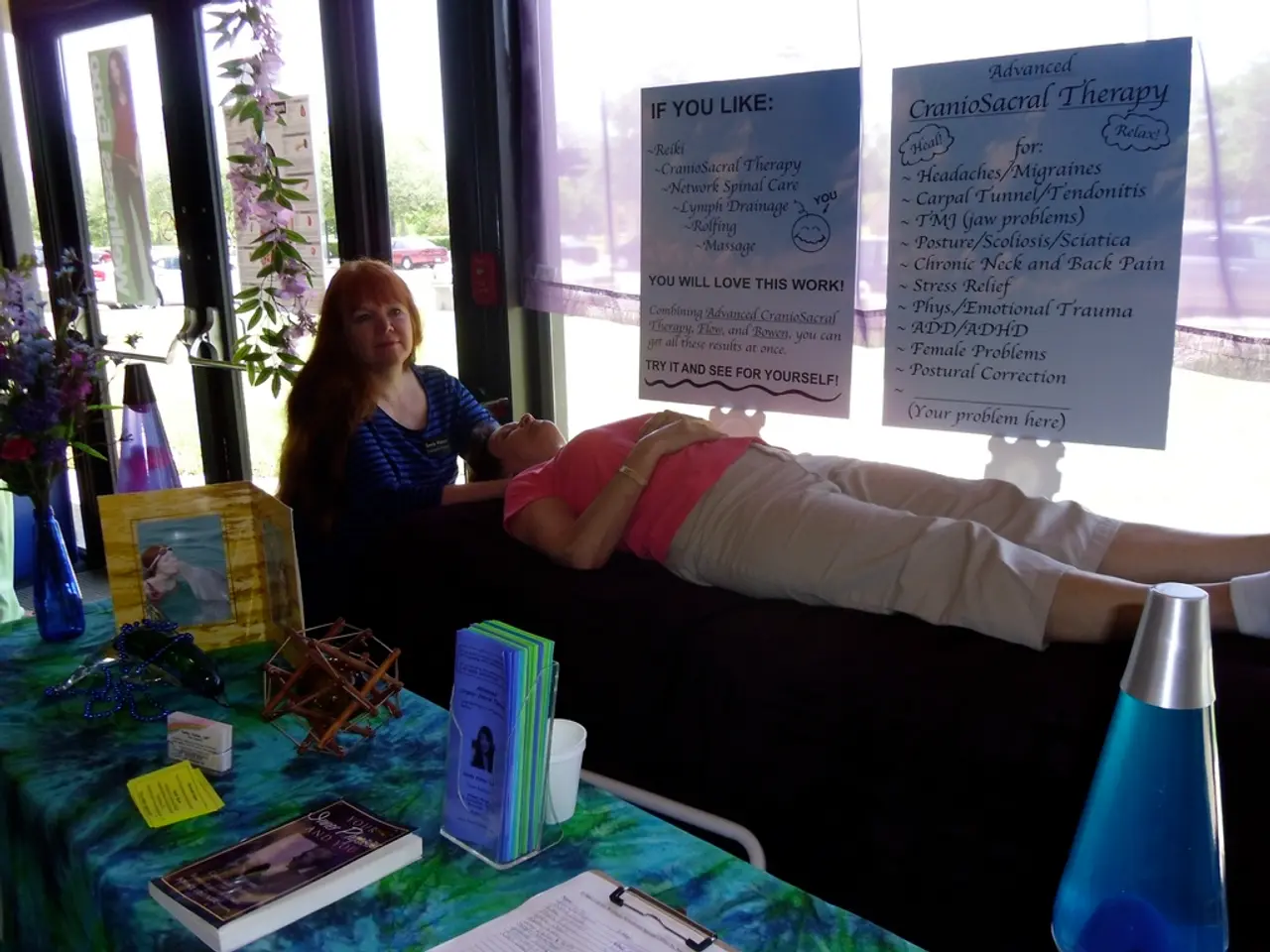Car Crash Trauma: Treatment Options and Beyond
Post-Traumatic Stress Disorder (PTSD) is a common mental health condition that can develop following a traumatic event, such as a car accident. This article aims to provide an overview of the treatment, support, and resources available for those affected.
PTSD treatment often involves a combination of therapies. Cognitive Behavioral Therapy (CBT) and Trauma-Focused Cognitive Behavioral Therapy (TF-CBT) are commonly used to help individuals manage their thoughts and behaviours related to the traumatic event. Exposure therapy, EMDR (Eye Movement Desensitisation and Reprocessing) therapy, and medications may also be part of the treatment plan, depending on the individual's needs. Self-care practices, such as regular exercise, a healthy diet, and adequate sleep, are also essential in the recovery process.
Support groups can play a vital role in the recovery of those with PTSD. Organisations like the Anxiety & Depression Association of America, the National Alliance on Mental Illness, and the National Center for PTSD offer support groups where individuals can share their experiences and find comfort in knowing they are not alone.
The outlook for a person with PTSD after a car accident can be positive with the right treatment and support. Recovery times vary for different individuals, and progress may be slow, but with persistence and the right resources, recovery is possible.
A comprehensive screening by a mental health professional is typically the first step in diagnosing PTSD. This assessment usually lasts between 45 to 60 minutes and includes clinical interviews and questionnaires to gauge the severity of symptoms.
Additional support and resources for people with PTSD may include accessible treatment options, emotional support, financial support, and clinical trials. It is essential for individuals to seek out these resources to ensure they receive the best possible care.
PTSD after a car accident can be caused by various factors, such as the suddenness and severity of the accident, fear of death or serious injury, loss of control, and loss of a loved one. In Germany, it is estimated that about 10 percent of those involved in traffic accidents are diagnosed with PTSD.
To receive a PTSD diagnosis, a person must meet specific criteria in the DSM-5-TR, which includes experiencing re-experiencing symptoms, avoidance symptoms, arousal and reactivity symptoms, and cognition and mood symptoms for at least a month. If you or someone you know is experiencing symptoms of PTSD, it is crucial to seek help from a mental health professional. With the right treatment and support, recovery is possible.
Read also:
- Nightly sweat episodes linked to GERD: Crucial insights explained
- Antitussives: List of Examples, Functions, Adverse Reactions, and Additional Details
- Asthma Diagnosis: Exploring FeNO Tests and Related Treatments
- Unfortunate Financial Disarray for a Family from California After an Expensive Emergency Room Visit with Their Burned Infant








